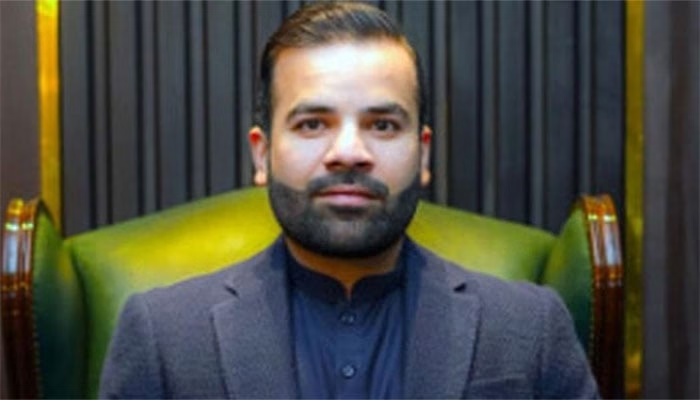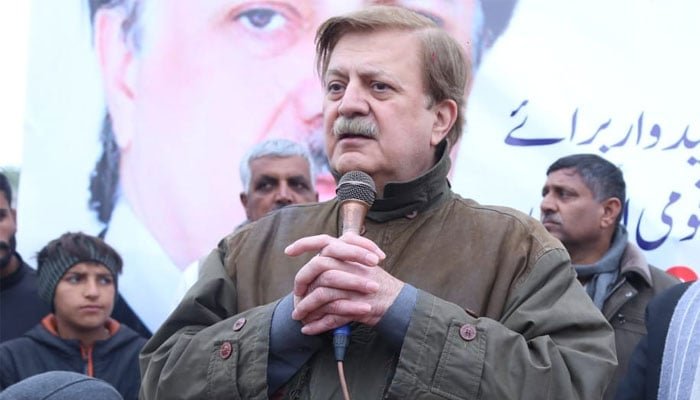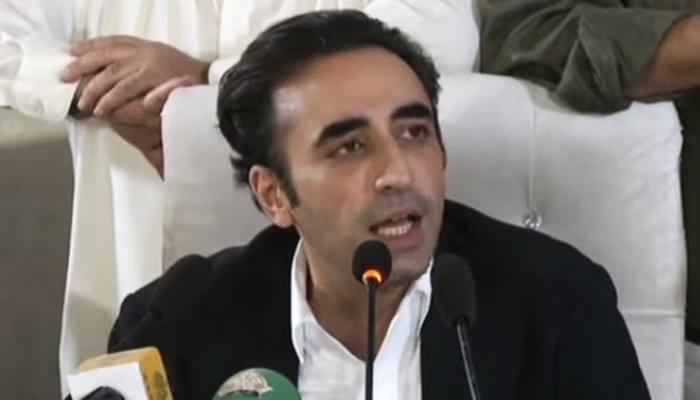The Prime Minister’s Advisor on Law and Justice, Barrister Aqeel Malik, has shed light on the complexities surrounding Pakistan Tehreek-e-Insaf’s (PTI) willingness to engage in negotiations. Speaking on Geo News’ Capital Talk, Barrister Aqeel Malik welcomed the PTI’s decision to negotiate but cautioned against any expectations of deals or concessions regarding ongoing legal cases.
The dialogue process, according to Malik, is a step in the right direction to bridge political divides, but its success depends on genuine intentions and active participation from all stakeholders. This article delves into the highlights of the discussion and explores the challenges and implications of the negotiation process.
PTI’s Shift Towards Negotiations
Barrister Aqeel Malik noted PTI’s willingness to engage in negotiations as a “positive U-turn,” marking a significant departure from the party’s earlier stance of outright rejection of talks with the government. “Negotiations are important in reducing political divisions,” he emphasized, adding that dialogue has always been advocated as the solution to political deadlocks.
However, Malik questioned the seriousness of PTI’s approach, pointing out that only three or four individuals seem to be actively involved in the talks. The government, on the other hand, has formed a fully empowered committee, signaling its readiness to engage meaningfully.
Concerns Over Hidden Agendas
Malik expressed skepticism about PTI’s true motives for entering negotiations. He cautioned that if the primary objective of these talks is to seek concessions, such as an NRO-like arrangement or the withdrawal of legal cases, then the process is bound to fail.
“The cat should come out of the bag as to what is the real reason for their talks,” he remarked, reiterating that resolving legal cases outside the court is not an option.
Barrister Ali Zafar’s Perspective
PTI Senator Barrister Ali Zafar, who also participated in the program, provided a counterpoint by emphasizing the party’s commitment to resolving issues through the judiciary. He cited examples of PTI’s reliance on the courts for decisions in cases like Toshakhana, Cipher, and Nikah, underscoring the party’s trust in legal proceedings.
Zafar also stressed the importance of strategic ambiguity in PTI’s approach to negotiations, suggesting that the party should proceed as though the talks are not taking place. “Unless all stakeholders are willing to participate in the negotiations, these dialogues will not be successful,” he stated, highlighting the need for broader consensus.
Key Challenges to the Negotiation Process
- Mistrust Between Parties:
A significant hurdle in the negotiation process is the deep-seated mistrust between PTI and the ruling coalition. Accusations and counter-accusations have created a polarized political environment, making genuine dialogue challenging. - Lack of Clarity in Objectives:
Barrister Aqeel Malik’s remarks reflect concerns over PTI’s lack of transparency regarding its goals for the talks. Without a clear agenda, the negotiations risk becoming a futile exercise. - Limited Participation:
The absence of broader representation from PTI raises questions about the party’s seriousness in engaging with the government. For the talks to yield meaningful results, both sides must ensure active involvement of key stakeholders. - Legal Boundaries:
Malik’s firm stance on the impossibility of deals or case dismissals underscores the importance of adhering to legal processes. This non-negotiable aspect adds a layer of complexity to the discussions.
Implications for Pakistan’s Political Landscape
The negotiation process, if successful, could pave the way for a more stable political environment in Pakistan. It offers an opportunity to reduce divisions and build consensus on critical national issues. However, the failure of talks could further deepen the existing polarization, exacerbating the country’s political challenges.
As the January 2 deadline approaches, all eyes will be on the progress of these talks and the willingness of stakeholders to prioritize the nation’s interests over individual agendas. The outcome of these negotiations could have far-reaching implications for Pakistan’s political stability and governance.



